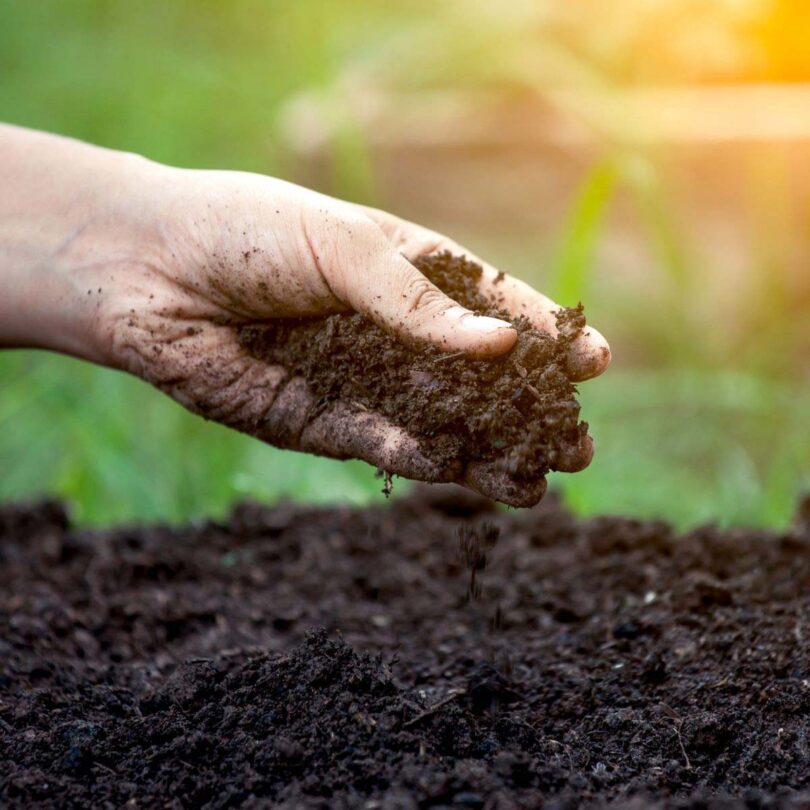Composting is a simple enough process, right? Set aside food waste in a bin and wait for it to be ready to use for your plants! But how do you know when compost is finished? Keep reading to find out how and why it matters.
Why Does It Matter?
If you end up using immature compost, what’s the harm? Undeveloped compost won’t just be less effective; it can also contain substances damaging to your plants. Acids and pathogens can survive in unfinished compost, causing your plants to suffer.
Additionally, immature compost will still want to complete its maturation process while your plants attempt to gain nutrients from the soil. However, your compost will be stealing vital oxygen and nitrogen from the earth to continue its decay.
How Long Should It Take?
The moisture level, oxygen supply, and carbon-to-nitrogen ratio will all contribute to the maturation process. Depending on these variables, your compost could be ready anywhere from one month to one year. Turning your compost more frequently will help with oxygenation. In turn, this will reduce the maturation time.
Even if you do everything right, your compost might not mature well. If you’re dealing with that problem, look into why your compost pile isn’t breaking down and take the necessary steps to fix the problem!
How Can You Test It?
You can test your compost visually and scientifically. Visually, finished compost looks crumbly, dark, and has a volume of about half the original pile. You shouldn’t be able to see the organic products that you put into the compost at all.
Scientifically, place your compost into two containers and sprinkle radish seeds into them. If three-quarters of the seeds germinate, your compost should be good to go. In this case, radish seeds are best because they have a quick grow time!
It can be challenging to know when your compost is finished. But you should have a much better idea of what to look for now. Get out to your pile and make sure it has enough moisture and oxygen. Then, your compost will be ready to use in no time.








